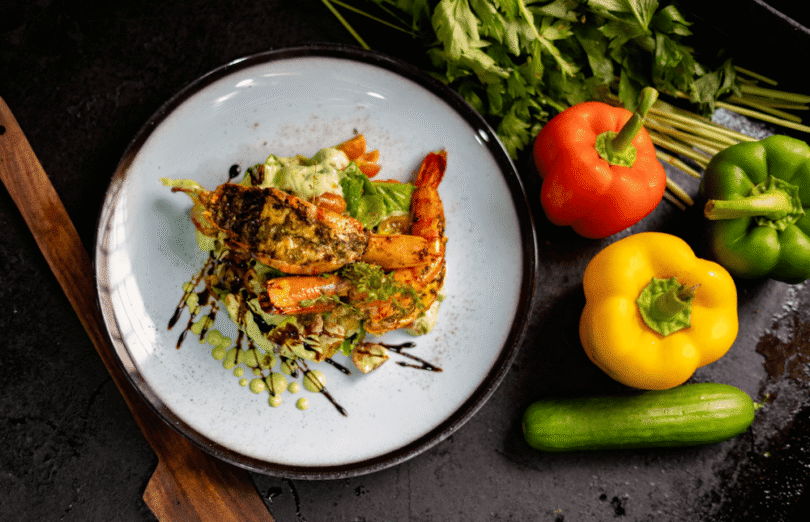Cooking Up a Career: What Culinary School Teaches You Yearly
keywords: Culinary arts curriculum, Bachelor in culinary arts, Culinary degree subjects, Year-wise culinary education
Pursuing a Bachelor in Culinary Arts is more than just learning how to cook—it’s an in-depth, structured journey that combines creativity with technique, business acumen with hands-on experience, and tradition with innovation. Having a clear understanding of the year-wise culinary curriculum helps aspiring chefs know what to expect and how to maximize each stage of their academic and professional development.
Here’s a comprehensive breakdown of what the four years of a culinary degree typically look like:
Year 1: Foundations of Culinary Arts
The first year focuses on building a strong foundation in culinary techniques and kitchen operations. Students learn essential skills such as:
- Knife handling and safety
- Food hygiene and sanitation
- Cooking fundamentals like sautéing, roasting, and poaching
Alongside practical kitchen training, theoretical subjects like food science and nutrition are introduced to help students understand not just how to cook, but also why certain techniques and ingredients are used. Exposure to global cuisines, plating principles, and basic ingredient knowledge allows students to start thinking like chefs from the very beginning.
Year 2: Intermediate Techniques and Culinary Cultures
In the second year, students delve deeper into:
- International cuisines and regional culinary traditions
- Advanced cooking and baking techniques
- Pastry arts and bread-making fundamentals
Courses may also include modules in wine studies, beverage pairing, and introductory restaurant service, helping students develop a broader understanding of the hospitality ecosystem. Training environments simulate real-world restaurant settings, enabling students to work under pressure and enhance speed, precision, and consistency.
Year 3: Management, Innovation, and Culinary Business Skills
By the third year, the focus expands to include the business side of culinary arts. Students are introduced to key topics such as:
- Food cost control and budgeting
- Kitchen management and operations
- Menu development and culinary entrepreneurship
Creativity takes center stage as students begin to design their own menus, experiment with fusion dishes, and participate in culinary innovation labs. Many programs include short-term industry internships, giving students firsthand exposure to the daily challenges and demands of professional kitchens.
Year 4: Specialization and Industry Experience
The final year prepares students for entry into the culinary workforce. Most programs offer specialization in areas such as:
- Pastry and bakery arts
- Modern gastronomy and food styling
- Culinary innovation and entrepreneurship
This year often includes long-term internships or externships in renowned hotels, restaurants, or food enterprises. Students apply their accumulated knowledge in real-time kitchen settings, managing operations, planning menus, and leading teams. A capstone project or thesis is typically required, allowing students to reflect on their growth and outline their professional vision as future chefs or food business leaders.
A Structured Culinary Journey Toward Excellence at APCA
The Academy of Pastry and Culinary Arts (APCA) offers a well-structured Bachelor’s Degree in Culinary Arts that supports students throughout each academic year:
- Year 1: Master the fundamentals—knife skills, kitchen safety, and basic cooking techniques
- Year 2: Explore global cuisines, baking, and advanced preparation methods with hands-on labs
- Year 3: Focus on kitchen leadership, business management, and gain real-world experience through internships
- Year 4: Specialize in your area of interest and refine your skills through immersive industry placements and capstone projects
Throughout the program, students receive guidance from expert chefs, train in industry-grade kitchens, and gain exposure to global hospitality standards. Whether your dream is to become an executive chef, start your own restaurant, or lead a pastry boutique, APCA’s program equips you with the technical expertise, creative confidence, and entrepreneurial mindset needed to thrive.
By turning passion into profession, APCA helps shape the next generation of culinary leaders—one expertly guided year at a time.


